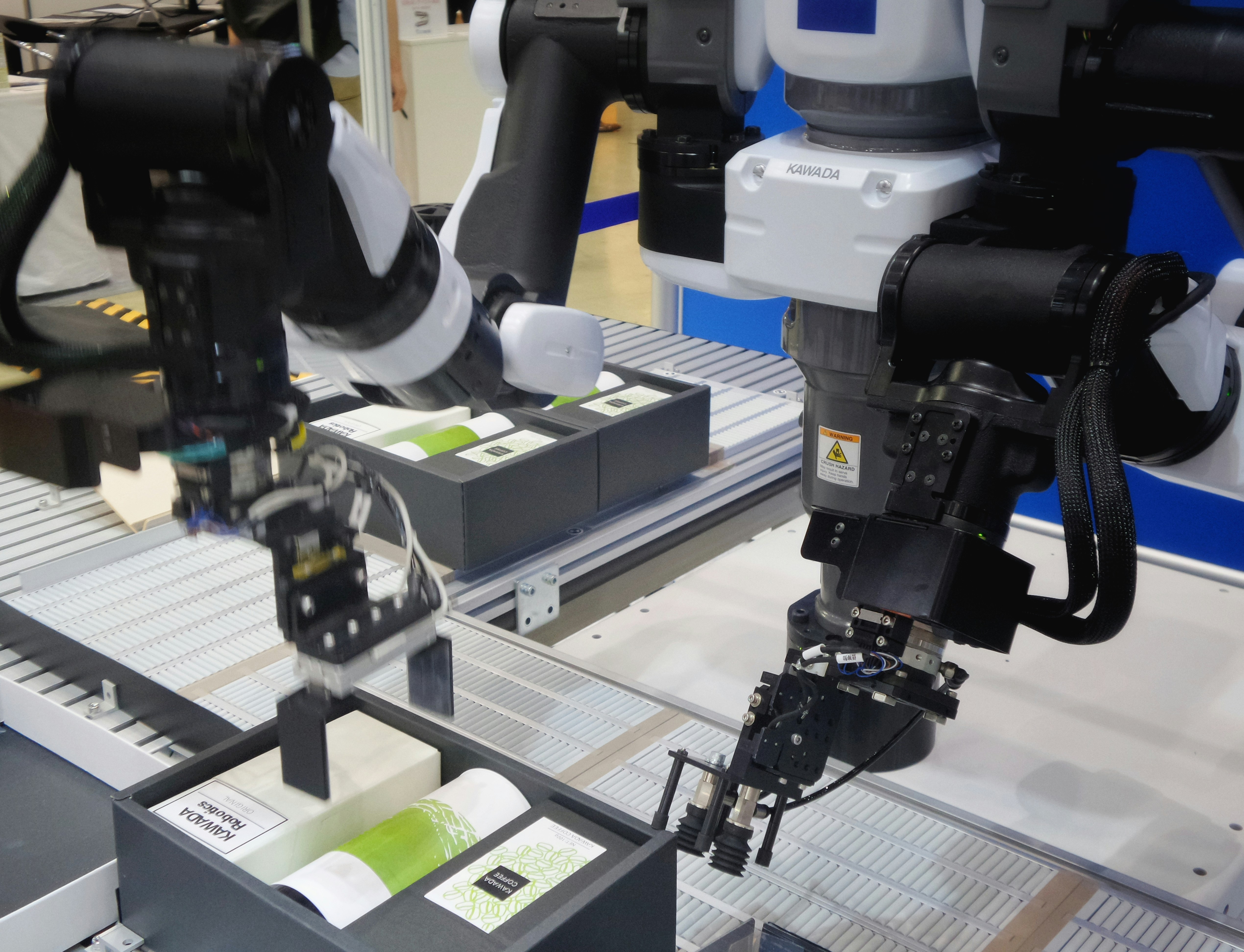How AI and Machine Learning Are Changing Industries
 Infizex
Infizex
Introduction
Artificial Intelligence (AI) and Machine Learning (ML) have emerged as the cornerstone technologies of the 21st century. With their ability to analyze vast amounts of data and derive actionable insights, these technologies are reshaping various industries, from healthcare to finance. In this post, we will explore how AI and ML are transforming industries, the benefits they offer, and the challenges they present.
What is Artificial Intelligence and Machine Learning?
At its core, Artificial Intelligence refers to the simulation of human intelligence processes by machines, especially computer systems. This includes learning (the acquisition of information and rules for using it), reasoning (using rules to reach approximate or definite conclusions), and self-correction. Machine Learning, a subset of AI, focuses on the development of algorithms that allow computers to learn from and make predictions based on data.
Key Applications of AI and Machine Learning
Healthcare: Revolutionizing Patient Care
AI and ML are significantly enhancing patient care. By analyzing medical data, AI can predict patient diagnoses and recommend personalized treatment plans. For instance, algorithms can identify patterns in imaging scans to detect diseases like cancer at earlier stages, leading to better outcomes. A study published in Nature found that AI could match or even surpass human radiologists in diagnosing certain conditions.
Finance: Enhancing Risk Management
The finance industry is leveraging AI for fraud detection and risk assessment. Machine learning algorithms can analyze transaction patterns to identify unusual behavior, helping institutions prevent fraudulent activities in real time. Additionally, AI-driven tools provide insights for investment strategies, allowing for smarter and faster decision-making.
Retail: Personalizing Customer Experiences
AI enhances customer experiences by personalizing interactions. E-commerce platforms utilize machine learning algorithms to analyze consumer behavior and preferences, leading to tailored recommendations. For example, Amazon’s recommendation engine accounts for a significant portion of its sales, highlighting the power of AI in driving sales.
Challenges in Implementing AI and Machine Learning
Despite the numerous benefits, the integration of AI and ML poses several challenges:
Data Privacy Concerns: With AI systems relying heavily on data, privacy concerns arise regarding how consumer information is collected and utilized. Organizations must ensure compliance with regulations like GDPR to protect user data.
Bias in Algorithms: Machine learning models can inadvertently perpetuate biases present in training data, leading to unfair outcomes. It's crucial for developers to continuously monitor and refine their algorithms to mitigate bias.
Conclusion
Artificial Intelligence and Machine Learning are not just buzzwords; they are powerful technologies driving transformation across various sectors. As we continue to embrace these innovations, understanding their implications is essential for harnessing their full potential while addressing the challenges they present. Stay tuned for more insights into how these technologies are shaping the future!
Subscribe to my newsletter
Read articles from Infizex directly inside your inbox. Subscribe to the newsletter, and don't miss out.
Written by

Infizex
Infizex
Infizex is a hub of innovation and knowledge, exploring the frontiers of technology, research, skill learning and beyond. It empowers learners and professionals to thrive in a rapidly evolving world. Created and managed by Arpit Mishra.